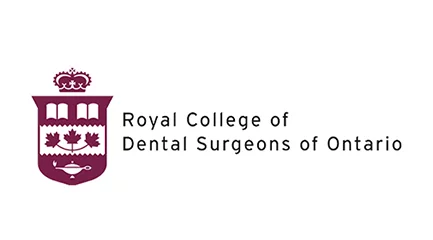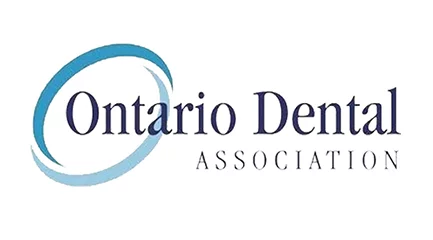Oral health is termed a leading health indicator. It reflects the health of our gums, teeth, oral-facial functions, and our capabilities to chew, smile, or speak. Good oral health means good overall health and improves the quality of life.
Good oral health is maintained by following proper hygienic routines. If oral health deteriorates, it eventually impacts the health of our whole body. It also influences our well-being because there is a proven connection between oral and general health. Research has shown that most oral diseases become a reason for various chronic and noncommunicable diseases like diabetes, cancer, and various respiratory or cardiovascular diseases.
Mostly these diseases occur due to poor oral health. Various factors contaminate our oral health, like the extreme consumption of alcohol or tobacco, unhealthy diets, including sugar or starchy foods, and poor oral hygiene. High consumption of sugary foods leads to dental caries or abscesses and eventually causes diabetes.
HOW IS ORAL HEALTH RELATED TO OVERALL WELLNESS?
Studies have proved a synergic relationship between oral health and overall or general health. Various chronic diseases are caused due to poor oral health. Gum diseases are linked to various general health diseases like diabetes, rheumatoid arthritis, osteoporosis, and respiratory and heart diseases. Research has shown that people with gum disease are more likely to have a heart stroke or die from any cardiovascular disease.
There are so many conditions that are related to oral health like:
1. PNEUMONIA
Due to poor oral hygiene, there is a possibility of certain bacteria in your mouth. In addition to tooth decay and gum disease, it also becomes a reason for pneumonia by affecting the lungs and can cause several respiratory diseases.
2. ALZHEIMER’S DISEASE
Recent studies have shown that the bacteria responsible for gum diseases might also cause mental issues like dementia or Alzheimer’s. The presence of bacteria in the mouth can cause inflammation, increasing the risks of beta-amyloid plaques in the brain. Which can lead to various brain disorders and affect cognitive functions.
3. OSTEOPOROSIS
Osteoporosis is a bone-weakening disease and can cause periodontal bone and tooth loss by declining bone density. Women with osteoporosis have a higher chance of tooth damage than the healthier ones.
4. PREGNANCY AND BIRTH PROBLEMS
In pregnant women, oral diseases like periodontitis can become a reason for premature delivery, pre-eclampsia, and delivery of an underweight baby.
5. ENDOCARDITIS
Endocarditis is an infection of the heart and mainly occurs when the bacteria in your mouth spread through the bloodstream and attach to the inner lining of your heart (endocardium).

WAYS TO MAINTAIN THE ORAL HEALTH
By maintaining our oral health, we can avoid several non-communicable diseases. The major factor that plays an essential role in maintaining our oral health is good oral hygiene. We should follow regular cleanliness patterns to protect our oral health from gum diseases and tooth decay.
- Brush your teeth regularly after having meals
- Brush gently with a soft brush
- Use a tooth sensitivity toothpaste
- Choose your toothbrush wisely, and replace it after every 1 to 3 months
- Floss regularly
- Give your tongue some attention
- Stop smoking or limit the intake of tobacco
- Limit the consumption of nicotine and coffee intake
- Eat a well nutritious diet
- Decrease sugar and starch intake
By following the steps mentioned above, we can prevent oral diseases and general diseases.
HOW TO TREAT ORAL DISEASES?
Oral diseases can be treated by professional cleanings in the early stages or through surgeries when oral problems become critical and severe.
PROFESSIONAL CLEANINGS:
Professional cleanings can help you eliminate the plaque or tartar that might be left behind after brushing or flossing. You can get professional dental cleanings done by a dental hygienist.
Deep dental cleaning is also called root planing or scaling, and it removes the cavities below the gumlines that cannot be cleaned during routine cleanings. Professional cleanings can prevent various oral diseases and can also treat tooth decay when it is in its early stages.

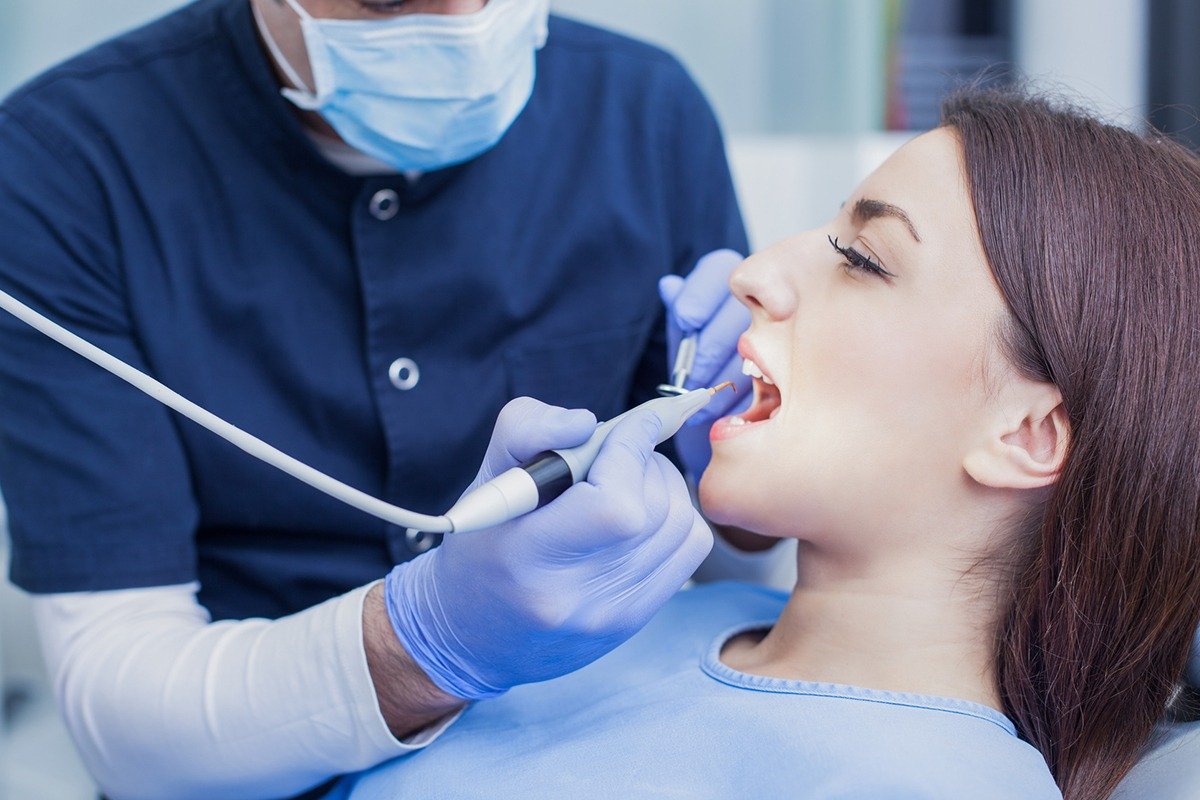
DENTAL FILLINGS OR CROWNS:
Dental fillings or crowns are required when a cavity severely damages your teeth. In dental fillings, the infected or decayed pulp is removed from your tooth, and the space or gap is filled with tooth-colored fillings. Dentists place crowns or dental caps on when the tooth becomes crooked or broken due to injuries or decay. Crown fills the gaps and restores the functions of teeth by repairing broken, crooked, or damaged teeth.
DENTAL IMPLANTS:
After tooth extraction, people usually go for dental implants. It is a process of replacing missing or lost teeth. During this procedure, the dentist places the implant directly into your jawbone. After the placement of the implant, your bone grows around it in a process called osseointegration.
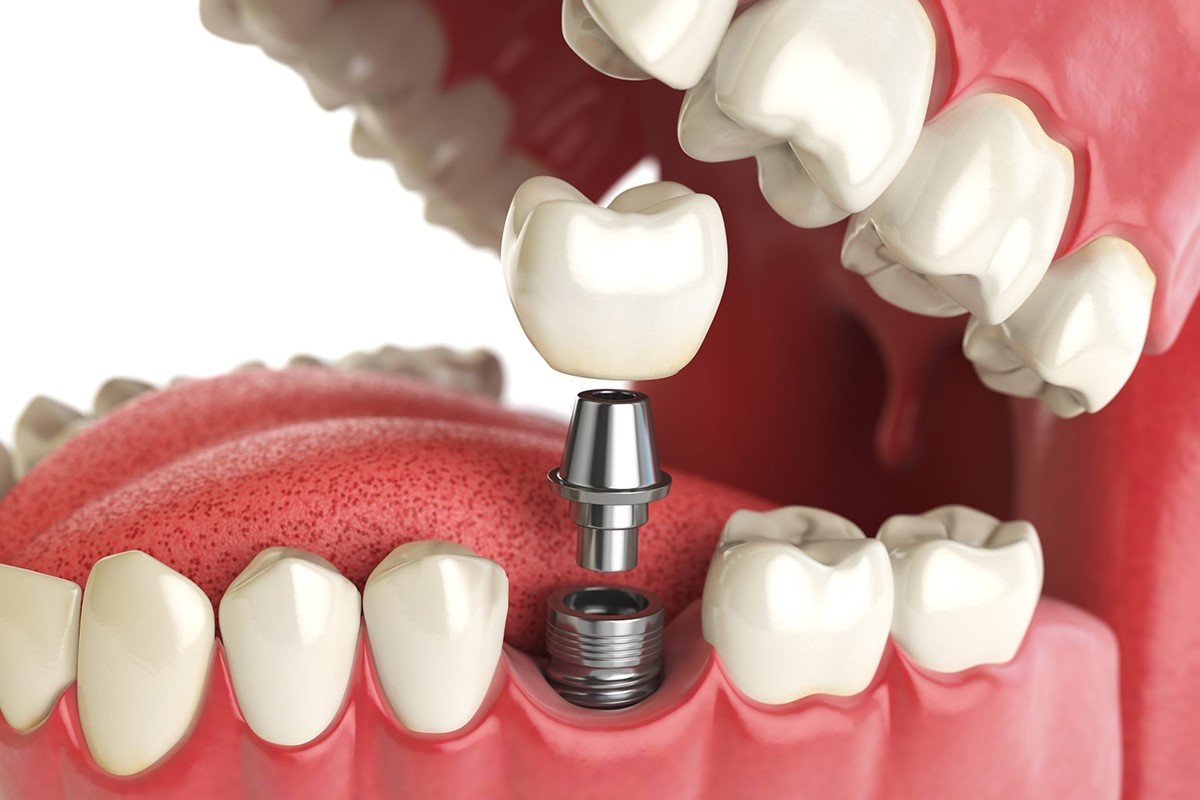
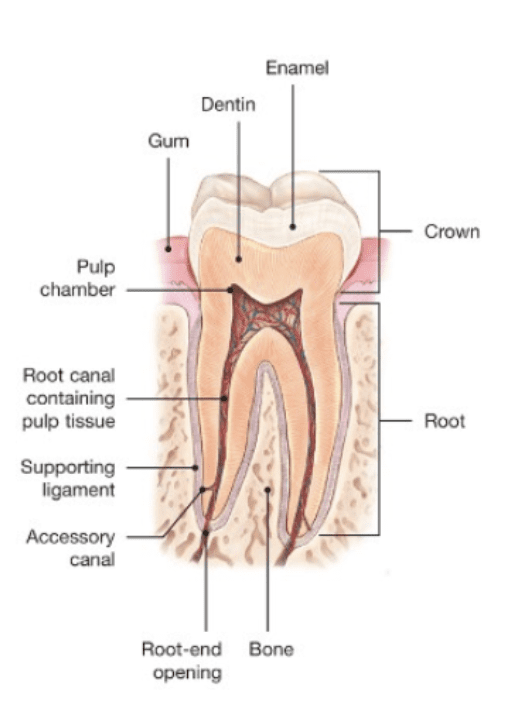
ROOT CANAL TREATMENT:
Root canal treatment becomes necessary if the decay reaches inside the tooth nerve. In this treatment, the decayed nerve is removed, and the infected area is then filled with biocompatible materials such as gutta-percha which is a latex polymer. A root canal treatment prevents tooth extraction by repairing and treating the infected tooth.



